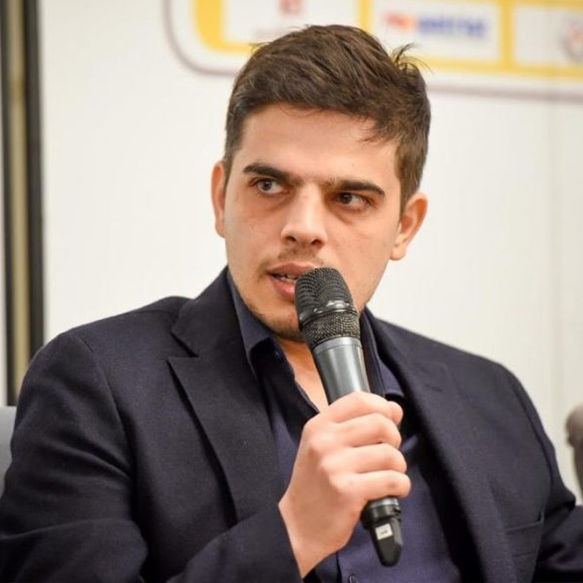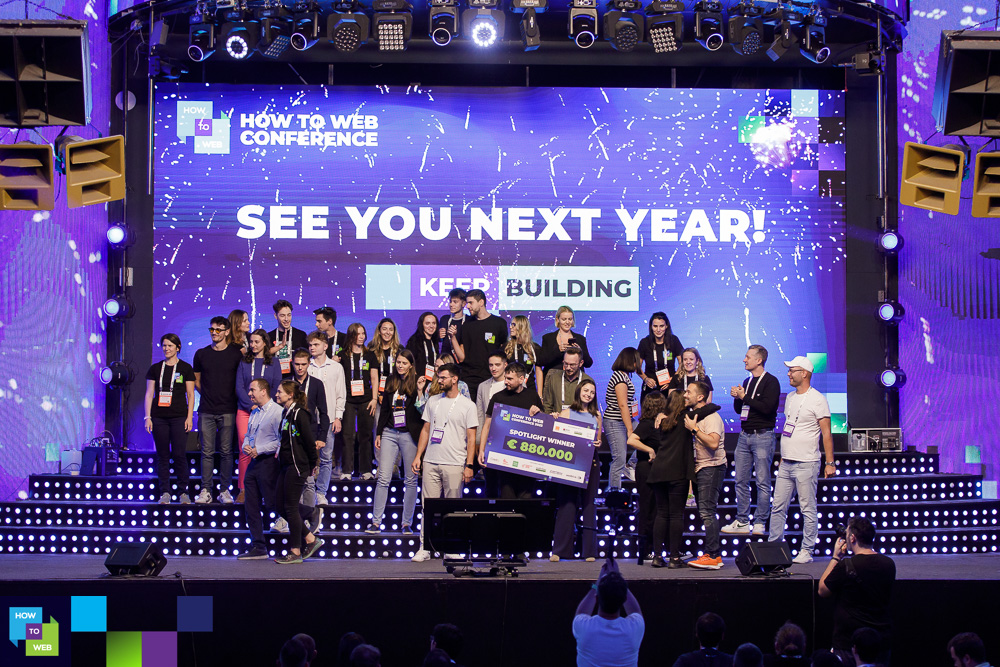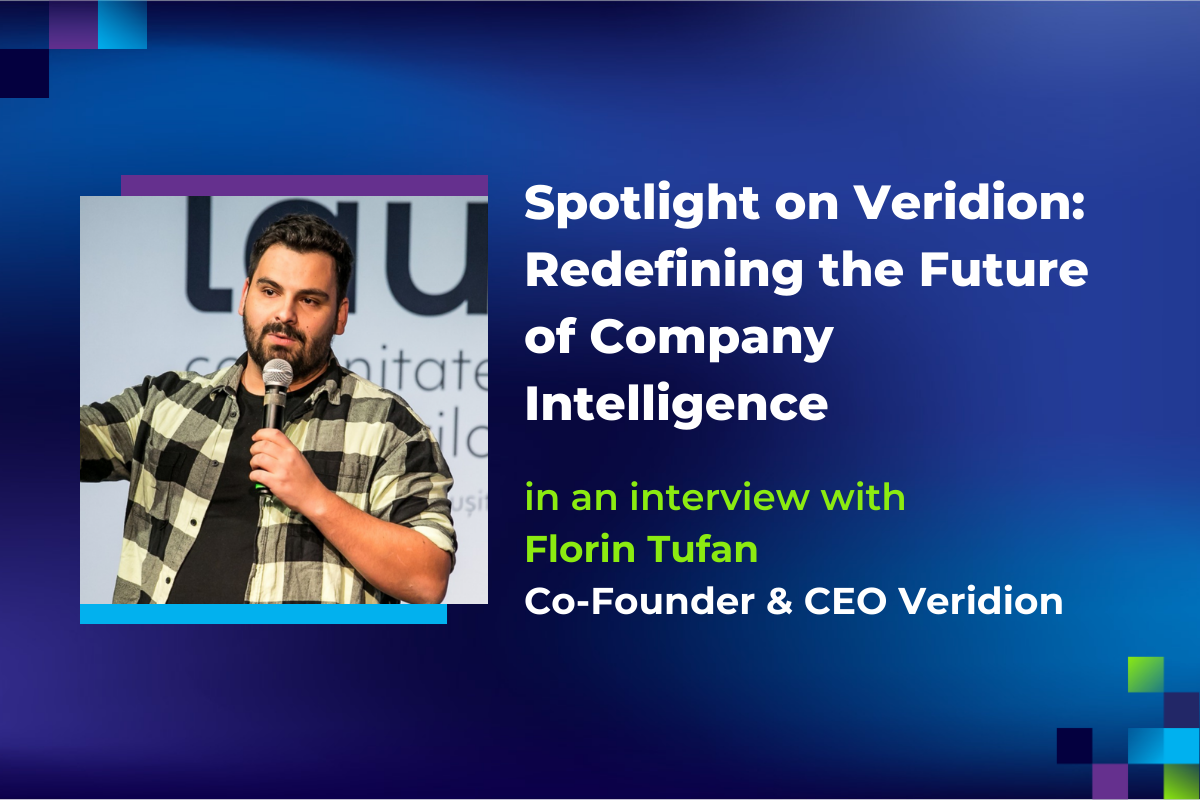23 May, 2019

Q1: What inspired you to do this? How did you come up with Deepstash?
Q2: What’s the problem you are trying to solve and how does the user interact with it?
If you think about reading articles, listening to podcasts or consuming a lot of information, you end up stumbling across things that resonate with you. It can be an inspiring quote that you want to return to, a set of metrics that you would like to use in your career, or maybe a system that you want to implement to improve your life. We often come across these bits of information on a daily basis, all over the web, but we don’t have an easy or simple way to store it, categorise it and put it in its rightful place.
Deppstash has the idea of an atomic information unit that contains one single thought, system or procedure that is detached from its original source. So whenever you are stumbling across a useful information source we extract the ideas and let you save them with one tap of a button. The same way you save images from the web on your Pinterest account, we will help you save the ideas that inspire and resonate with you in your personal knowledge library.
Q3: What were the biggest challenges that you encountered since launching the product? How does the current vision differ form what you initially had?
Q4: How did you start organising the team? Did you thought about certain values or behaviours that you want to share with them?
Q5: What are the next steps for Deepstash? What are the milestones for the product and the business?
You may also like
How to Web 2023 brought together over 2,500 international participants, 60 global speakers, and an investment prize of €880,000 for the best Eastern European startup
Founder of the social analytics solution uberVU, acquired in 2014 by the world wide social relationship platform HootSuite, Vladimir Oane is now embarking on a new journey. Deepstash is a knowledge platform that delivers expertly curated and bite-sized ideas from any online article or source, on any device, so you can absorb and remember more information and act… Read more »
3Spotlight on Veridion: Redefining the Future of Company Intelligence
Founder of the social analytics solution uberVU, acquired in 2014 by the world wide social relationship platform HootSuite, Vladimir Oane is now embarking on a new journey. Deepstash is a knowledge platform that delivers expertly curated and bite-sized ideas from any online article or source, on any device, so you can absorb and remember more information and act… Read more »
3


